From Questions to Consent, and Some Curses: How and Why Parents Nominate Children for Vaccine Trials

views
From convincing parents to give their consent to pricking children several times to draw blood samples, conducting clinical trials to test vaccines on children has always been a tedious and complex process.
At times, doctors at trial sites are subjected to abuses as soon as they explain to parents — as a part of the protocol — that in the event of the death of a child, a medical insurance cover will be provided.
However, the recruitment of children to conduct trials of Covid-19 paediatric vaccines hasn’t been difficult given the panic around a possible third wave that may impact children more.
The principal investigators at six trial sites that tested or are testing Covid-19 vaccines, including the paediatric version of Bharat Biotech’s Covaxin, Biological E’s Corbevax and Serum Institute of India’s Covovax, echoed similar observations that running trials on children is far more difficult than running trials on adults.
“It is very difficult to convince parents to admit their child under a trial. If we are able to convince the father, the mother may not agree and if the mother agrees, the father may not agree. If both agree, sometimes, grandparents may disagree,” says principal investigator Dr Venkat Rao of the Odisha-based Institute of Medical Sciences, a Covaxin trial site.
Rao recalled that five years ago his team was supposed to recruit 108 children to kick-start trial for hexavalent vaccine. “We ended up recruiting just nine which was then considered a not-so-bad response,” he says.
The regular challenge faced in trials for children is difficulty in drawing blood from children aged two years to 10 years.
“Frequent pricks are done to draw the samples for running health check-ups, follow-ups, testing immune response and other parameters. This makes children cry and parents uncomfortable with the whole process,” says Dr Anil Pandey, principal investigator at ESIC Medical College and Hospital, Faridabad, which conducted trials on kids for both Covaxin and Corbevax.
According to Dr Sanjay Rai, a professor at Centre for Community Medicine, All India Institute of Medical Sciences (AIIMS), who was also the principal investigator for running Covaxin’s trial on adults and children, the refusal rate in paediatric trials is “very high”.
As soon as the doctors start explaining about the details of the insurance cover that is given in the event of the death of a child, at least 50% of the parents back out, he says.
“At least half of them stand up and leave. Some of them actually abuse us once we start describing the details related to death,” says Rai, adding that many people have cursed saying “may your child die (tera baccha marr jaye)” and took their child back.
Third Wave Panic Made Enrolment Easy: Experts
Due to the constant reports that the third wave would impact children, parents were in panic mode, say experts.
“Especially, after noticing the turbulence caused by the second wave, parents wanted to save their children from the forecasted third wave predicted to impact children more. This probably made the recruitment for paediatric trials easier,” says Dr Rai, adding that his site received at least 10 times more applications than for any other trial registered for children.
The trend was way more exaggerated for Covaxin’s trial on adults. “We needed 100 volunteers to conduct phase 1 trial of Covaxin but we received 4,500 applications in four days. We otherwise wait for 100 volunteers for at least four days,” he says.
There was a rush to participate in trials for Covid-19 vaccines, experts point out.
“The only difference was that the adults who came for Covaxin’s trial were excited but in children’s trial, parents were more nervous due to the third wave panic,” says Dr Pandey. He adds that in most cases, parents had also taken Covaxin shots and based on their own experience, they wanted the same for their children.
Why Do Parents Want to Enrol Their Children for Trials?
“The top reason for parents giving consent to admitting their child under trial, especially in scenarios such as the pandemic, is to gain early access to vaccines,” says Dr Rai from AIIMS.
Other reasons include contribution to a noble cause, free access to vaccines, free-of-cost medical tests and expensive insurance covers.
“First of all, participation in trials contributes to the human cause. Also, we must consider that the safety of vaccines has already been established in pre-clinical studies, now it’s just the efficacy that we need to establish,” says Dr Rao.
He adds that he received a number of calls from doctors requesting registration of their children under trial considering they understand the science behind clinical trials and find it easy to volunteer children for the noble cause.
Another principal investigator, who previously was part of Covaxin’s paediatric trial and is now part of Covovax’s study, echoes a similar trend. “Several doctors have been reaching out to us to include their children in the trial,” he says.
The official, requesting anonymity, says that for Covaxin’s trial, the site had five children whose parents were doctors and he had to refuse two of his peers for registration as the slots were full. “Doctor’s understand the trials better,” he adds.
“The full body tests done are at least worth Rs 15,000 to Rs 20,000. They are given detailed health insurance cover. A rigorous health check and 24×7 follow-ups boost the confidence of parents that their child will be fine,” says Dr Rao, adding that this may not be the primary or top reason but holds importance while giving consent for admission.
Dr Pandey from ESIC Hospital points out that for some participants who belong to economically weaker backgrounds, reimbursements of travelling allowance (which varies between Rs 500 per visit and Rs 1,000 per visit) also matters.
“At our site, we reimburse Rs 1,000 per visit even if the person walked or used the Metro. At least six visits are scheduled by us and in some cases, these participants can also come for unscheduled visits to discuss concerns or raise side-effects,” says Dr Pandey.
Questions, Questions, Questions
Parents do ask multiple questions, experts say.
“Parents will ask, ask and ask. Sometimes, they will call and come ‘n’ number of times and still won’t give consent. And that is totally fine,” says Dr Pandey. He adds that at his site in Faridabad, Haryana, “counselling sessions are being done for parents before discussions for taking their consent. We have set up a team of paediatricians and vaccine experts to talk to these parents and answer all questions in a transparent manner”.
According to the rules, promotion of trials is not allowed. Doctors can only spread the word in their professional circle or paste posters in their hospital sites.
It is the job of the principal investigator and other counsellors at the site to put out the facts and let parents of participants know the risks and benefits involved.
“We have to face difficulties in finding candidates and those who arrive for counselling have a high rejection rate. We ethically reveal that the efficacy and safety of the vaccine is yet unproven on human beings,” says an official from a trial site in Maharashtra.
According to Odisha’s Dr Rao, there should not be any beating around the bush that creates mistrust between the participant and investigator. “Face value of the investigator plays a major role. Just be frank and give out all the details. Let the parents think and come back.”
Read all the Latest News , Breaking News and IPL 2022 Live Updates here.












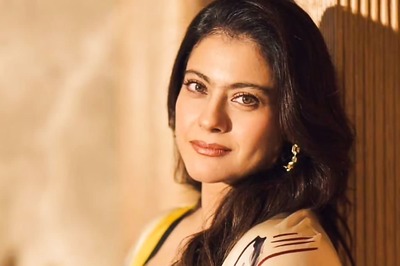


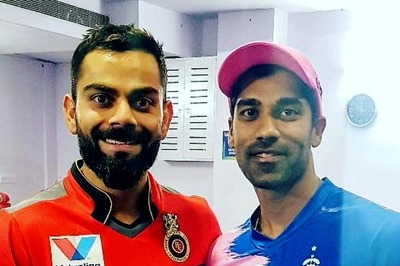
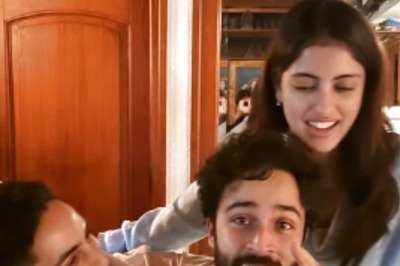
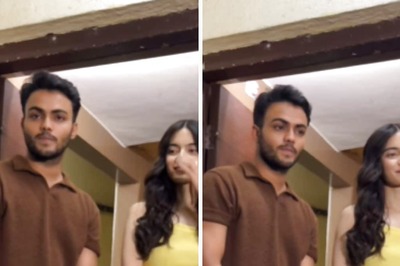
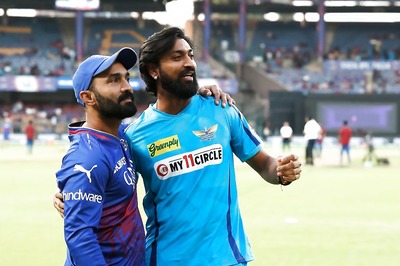

Comments
0 comment